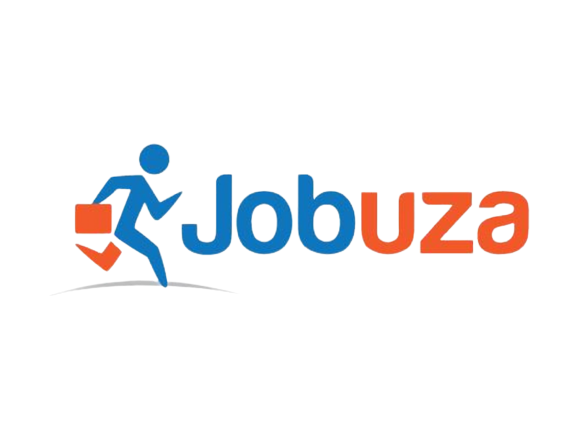Many people postpone their job hunt until the start of the New Year. The new month, January is one of the best periods to look for a new job. So, now you have no more time to delay your job search as 2023 has arrived.
Finding a new job requires time and effort. Update your LinkedIn profile and CV, talk to individuals in your network about job opportunities, look for headhunters specializing in your field, develop an elevator pitch, and build a daily action plan to reach your objective.
To get insightful information, talk with friends, relatives, past coworkers, and colleagues. Read up on the kind of employment you want and the ease or difficulty of finding a new position. Then, set aside enough daily time to work on your job search.
- Update Your LinkedIn Profile
LinkedIn will be your main networking and visibility site if you’re a white-collar professional. Your resume and LinkedIn profile should be created or updated and added to your account. Your LinkedIn profile should go back around ten years and include information about your most recent job. The most prominent position should go to the most recent position since that is what hiring managers and recruiters are looking for. They’ll also examine your professional development to determine your advancement in your field. Remember to list your college and graduate degrees and any accreditations, qualifications, and certifications necessary for your line of work.
Use industry-specific keywords, nomenclature, abbreviations, and jargon in your resume, as well as words, phrases, and job tasks that align with those listed in the job description to help it stand out in the applicant tracking system.
- Networking On LinkedIn
Engage actively on LinkedIn to stand out. First, establish a list of potential clients. Then, send out invites to connect with them and a courteous greeting when you observe company employees in similar roles and mention that you’d love to work there.
If someone in your industry shares content on social media, like it and comment thoughtfully. Then, once you feel more secure, start writing your blogs or posting videos you’ve made about a subject related to your line of work that will interest people in the industry.
Look for people you may know who work there when you apply for a job. Check your offline and online network to see whether anyone you know has a link with a decision-maker.
- Partner With Recruiters
Look for recruiters who have experience in your industry. Having a couple of smart, seasoned, competent, and well-connected recruiters work for you can make a huge difference. Top recruiters have strong connections with hiring managers and businesses. They frequently get access to job openings before everyone else. Companies frequently rely on recruiters to perform covert, opportunistic searches for qualified individuals rather than aggressively advertising specific openings.
Recruiters provide insightful knowledge about hiring managers and organizational culture. You’ll learn what the hiring managers are looking for in a candidate, what you should avoid saying, and the conversation starters to win over your future boss.
- Put Together And Practice Your Elevator Pitch
Make a brief elevator pitch. The elevator pitch is comparable to a television commercial. You need to accomplish the same in your pitch, just like a luxury car manufacturer wants to express its message and convince you to buy its goods in under a minute.
A 30-45 second summary of who you are, what you do, and your present duties is known as an “elevator pitch.” It should highlight a significant accomplishment and explain why you are the ideal candidate. For example, imagine riding in an elevator with a senior executive at the organization you want to work for. Before they leave the elevator to their floor, you must grasp the chance and swiftly present yourself.
- Role-Play Answering Interview Questions
Examine frequently requested interview questions and prepare responses. Then, prepare for the interview questions like, “Why do you want to work here?” conduct your research and learn about the organizations you plan to work for.
Refrain from rambling when responding to inquiries. Instead, provide an answer that explicitly addresses the job requirements and demonstrates how you can simplify their lives by pitching your relevant, on-target expertise, interpersonal skills, educational background, and other soft talents.
In your responses to inquiries, be enthusiastic, concise, and convincing. You should also show that you are a kind, active, and sympathetic person with whom they would love to employ and collaborate.






